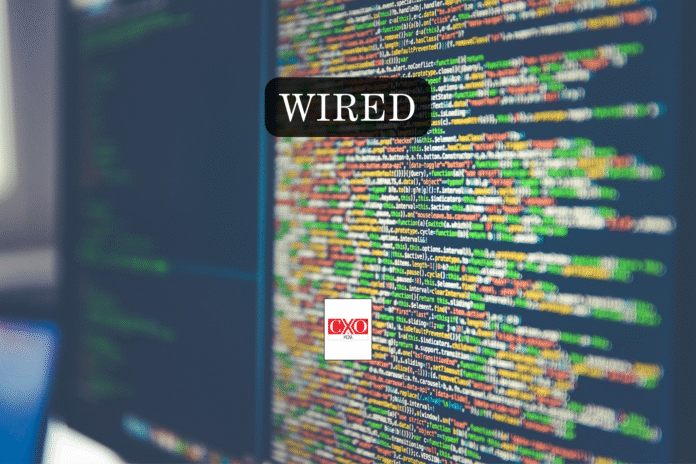Karachi – Haball has announced that Unilever Pakistan has successfully gone live on the Federal Board of Revenue’s (FBR) digital invoicing system for Primary Sales Invoices through its Wasl platform. This integration marks a significant step in expanding the adoption of FBR’s e-invoicing initiative across Pakistan’s corporate sector and reflects a shared focus on enhancing digital compliance, operational transparency, and automated tax processes. By leveraging Wasl, Unilever Pakistan can now manage its invoicing obligations digitally, reducing reliance on paper-based systems and ensuring seamless submission of primary sales invoices directly into FBR’s network.
The collaboration between Haball and Unilever Pakistan underscores a growing shift among large enterprises toward technology-driven financial and tax reporting solutions. With businesses increasingly adopting digital tools to streamline their processes, platforms like Wasl are becoming essential for ensuring accurate reporting and compliance. For Unilever Pakistan, integrating its primary sales invoices into FBR’s system via Haball’s platform is expected to simplify workflows, improve record-keeping, and align operations with government-mandated requirements, all while strengthening internal controls on data accuracy and security.
Haball credited both teams for making this milestone possible. On Unilever Pakistan’s side, key contributions came from Raza Abbas, Syed M Hasnain Haider, Muhammad Hamid, Munir Hasan, Aman Ghanchi and Atiq Rehman. Haball’s team included Saqib Bashir, Farrukh Iftikhar, Muhammad Ali Khan, Burhan Khanzada and Muddassir Ali Rana. The combined efforts of these professionals ensured the technical and operational readiness required to make the system live. Their work illustrates how effective partnerships between solution providers and corporate teams can accelerate digital adoption within large-scale enterprises.
By connecting Unilever Pakistan to FBR’s digital invoicing system through Wasl, Haball continues to expand its role in Pakistan’s digital finance ecosystem. The company has positioned its platform as a bridge between regulatory compliance and enterprise-level process automation. As more organizations embrace electronic invoicing, systems like Wasl are expected to help reduce manual errors, improve tax transparency, and enable businesses to focus on efficiency rather than paperwork. For Unilever Pakistan, the move represents a concrete step in aligning its operations with the country’s push toward digitized tax administration, while for Haball it reinforces its position as a trusted partner in advancing corporate digital transformation initiatives.
Follow the SPIN IDG WhatsApp Channel for updates across the Smart Pakistan Insights Network covering all of Pakistan’s technology ecosystem.





